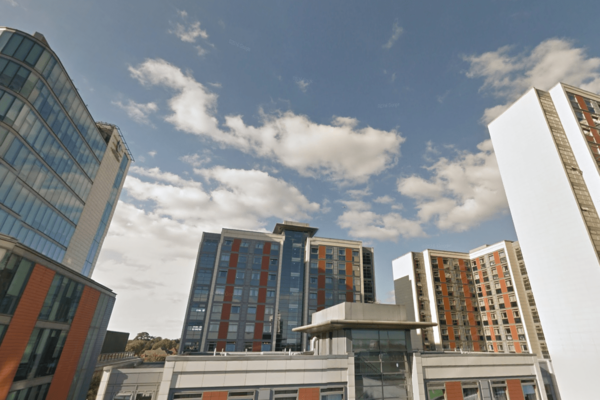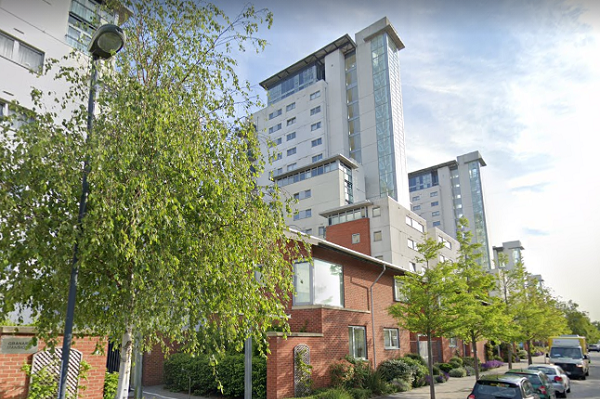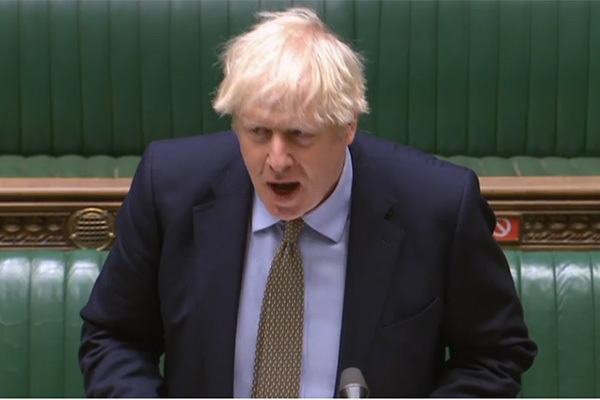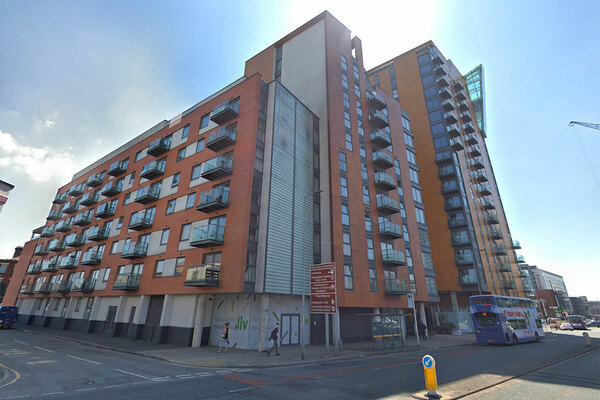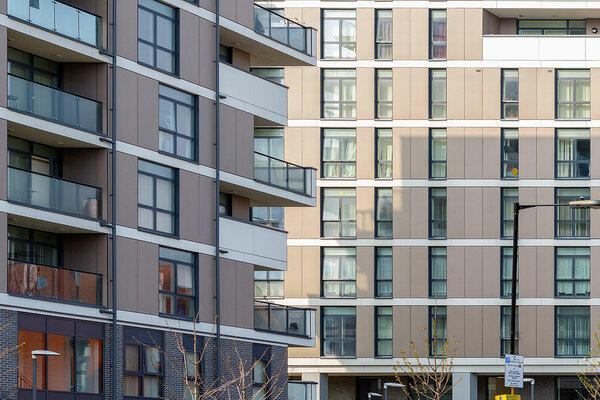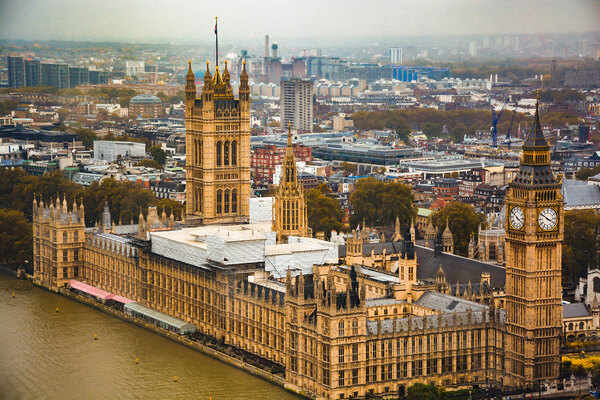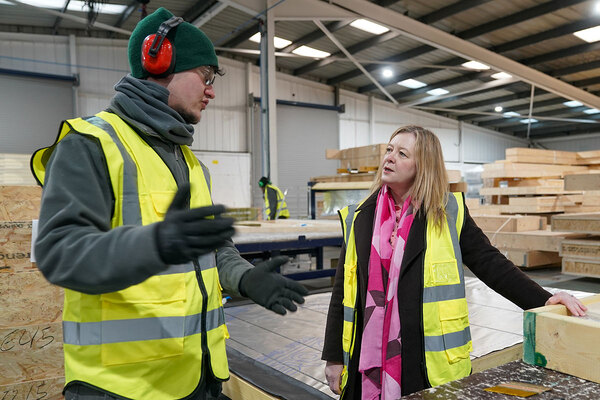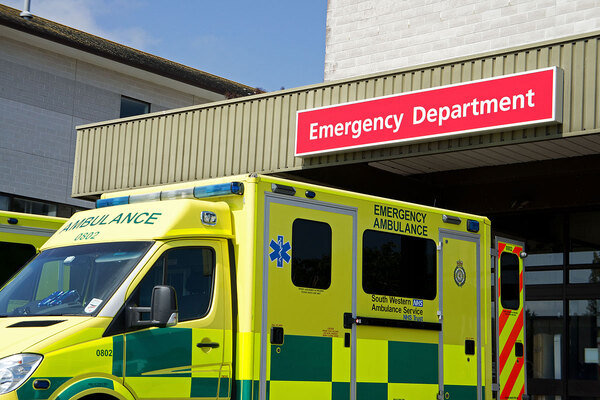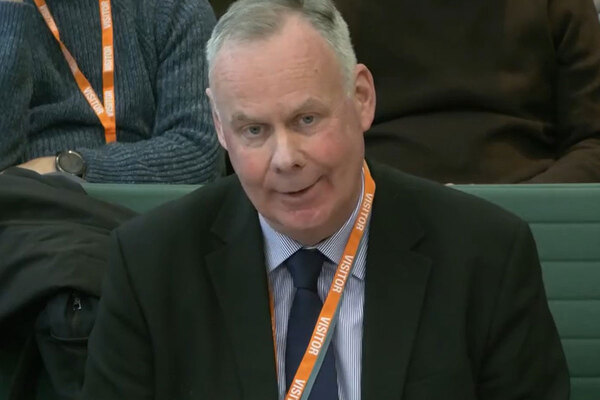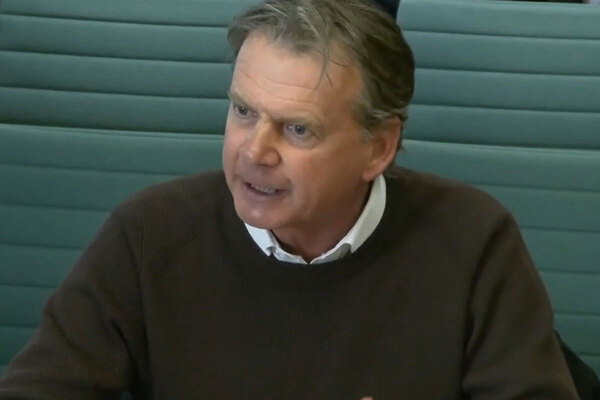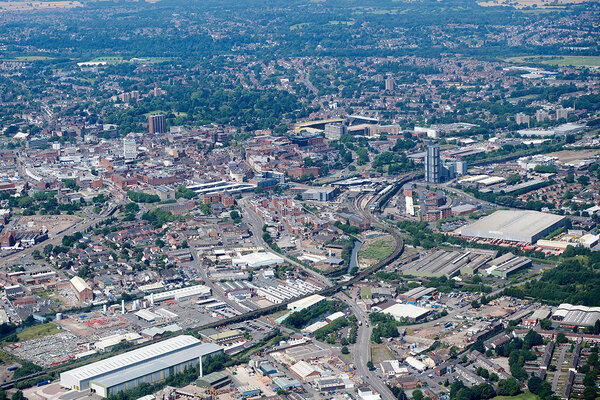Building safety minister criticised after he says leaseholders will have to pay some cladding costs
Residents trapped in blocks with dangerous cladding have reacted angrily to comments from the building safety minister after he said the government expects leaseholders to pay for some of the remediation costs to make their buildings safe.
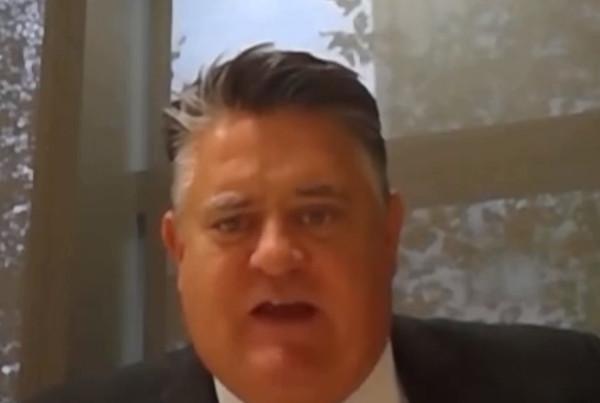
Speaking at a Housing, Communities and Local Government (HCLG) Select Committee session yesterday, Lord Greenhalgh said the government had been clear that leaseholders would not be protected from all costs.
During the session scrutinising the government’s new Building Safety Bill, Lord Greenhalgh said: “It is fair to say that when we responded to the consultation in the Hackitt Review we made it clear that some costs would fall on leaseholders [and] they wouldn’t be protected from all costs.
“But we’ve also been clear that where possible we can make them [the costs] affordable to them.”
The comments from Lord Greenhalgh appear to be a shift from the government’s previous position where ministers, including Theresa May and James Brokenshire, have said that leaseholders should not be forced to pay cladding costs. Both politicians have also previously said they would not rule out anything to ensure building owners covered the cost of remediation.
Clive Betts, chair of the HCLG Committee, pushed Lord Greenhalgh on what he called a “significant change” in position from the belief that leaseholders should not pay, to the expectation that some costs would fall on them.
Responding, the building safety minister said that it was down to “individual leases”, which often determines who pays or whether buildings are in warranty or out of warranty.
He said: “If the freeholder decides not to do the right thing, in law, and they are out of warranty, it’s the leaseholder that unfortunately faces the bill.”
When told by Mr Betts that in the past ministers had said leaseholders should not have to pay, Lord Greenhalgh said he was not present in the past and his position was that costs should be made affordable for leaseholders.
He added that keeping these bills affordable means this would be kept to a level that would ensure leaseholders were prevented from going bankrupt.
"Government will NOT be covering all the costs, Some costs will fall on Leaseholders" @team_greenhalgh
— NLC #reLEASEus (@NLC_2019)
LEASEHOLDERS SHOULD NOT PAY FOR THE FAILURES THAT WERE NOT OF THEIR MAKING ! @EOCS_official @CommonsHCLG @LKPleasehold#endourcladdingscandal pic.twitter.com/QPLsuOQJlJ"Government will NOT be covering all the costs, Some costs will fall on Leaseholders" @team_greenhalgh
— NLC #reLEASEus (@NLC_2019) October 19, 2020
LEASEHOLDERS SHOULD NOT PAY FOR THE FAILURES THAT WERE NOT OF THEIR MAKING ! @EOCS_official @CommonsHCLG @LKPleasehold#endourcladdingscandal pic.twitter.com/QPLsuOQJlJ
The comments have been met with heavy criticism from cladding groups and leaseholders across the country. The Twitter account for the End Our Cladding Scandal campaign posted: “All the ministerial statements made over the years saying that remedial costs are not of our making, have all been forgotten now.”
The Twitter account representing leaseholders in the M&M building at the Paddington Walk development in west London, who have already paid out nearly £7.5m in remediation costs, called the comments an utter betrayal. While the Liverpool Cladiators called the comments “depressing” and added that cladding bills were unaffordable to thousands.
Last month Inside Housing relaunched its End Our Cladding Scandal campaign alongside leasehold groups, Grenfell survivors, politicians and The Sunday Times, which calls on the government to take a proactive stance in remediating buildings with dangerous cladding.
This includes a call for the government to provide the money for remediation upfront and then seek to recover it from any responsible parties or via temporary levy on development. It also demands that leaseholders be protected from historic and future costs as a commitment under the government’s new Building Safety Bill.
